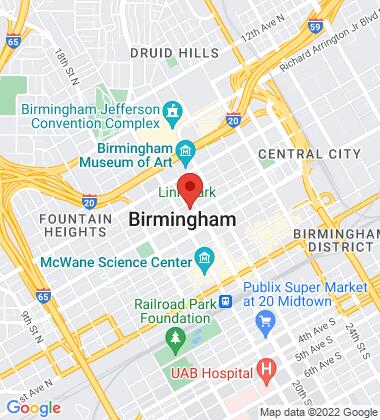The breathalyzer test is one of the most common ways law enforcement determine your blood alcohol content level after arresting you and charging you with driving under the influence. While these small machines have become remarkably accurate, they can still be fooled by a number of different circumstances, including some that you may not have any control over. This is important because a false-positive test result will produce evidence that will need to be debunked in order to show that your arrest was unlawful and you’re not guilty of your charges. Here are some of the most common things that can fool a breathalyzer.
Mouthwash
Dental hygiene is important, and many people turn to mouthwash to get all of the bacteria out of their mouth and leave their breath smelling fresh. It should come as very little surprise that most mouthwashes have a fairly high amount of alcohol in them. The thing is, this alcohol may still be present in your mouth for quite a while after, but it’s not in your system or inhibiting you from driving. That being said it can also fool a breathalyzer into showing an elevated blood-alcohol level that’s in no way a reflection of reality. Mints, gums, cough drops, and even tobacco products have also been shown to trigger false-positive results in breathalyzer tests.
Breathalyzer Calibration
Breathalyzers need to be calibrated extremely carefully in order to be accurate. If an officer makes even a slight mistake, the results of your test could be off just enough to cause you to be detained and charged when you never broke the law. To check for this, a skilled Birmingham DUI attorney will usually request all maintenance logs associated with the breathalyzer in question to make sure it’s been recently serviced and that no mistakes were made during the calibration process that could cause inaccurate results.
Medications
Much like mouthwash, any medications that are applied directly to the inside of the mouth could lead to a false positive. This is particularly true for old and flu treatments, which often contain menthol, a substance that breathalyzers have a hard time distinguishing from normal alcohol. It also doesn’t help that driving with a nasty cold also usually looks similar to driving while under the influence of drugs or alcohol, prompting officers to pull people over and subject them to these tests.
Hypoglycemia
Everyone’s breath is going to contain even trace amounts of acetone, a substance similar to alcohol. For those who are diabetic, however, this level increases dramatically. When blood sugar levels dip lower, acetone levels rise. Hypoglycemic drivers with high acetone levels on their breath have even been found to have a false blood alcohol content reading of .06. At that rate, even a simple sip of alcohol or even a rinse with alcoholic mouthwash combined with this level of acetone can trigger a false positive from a breathalyzer and lead to an unlawful arrest.
If you have been arrested and charged with driving under the influence after a breathalyzer BAC test that you believe to have been flawed or falsely positive, let Tidwell Law Group, LLC fight for you! Call us today at (205) 536-7770 to request a consultation!

